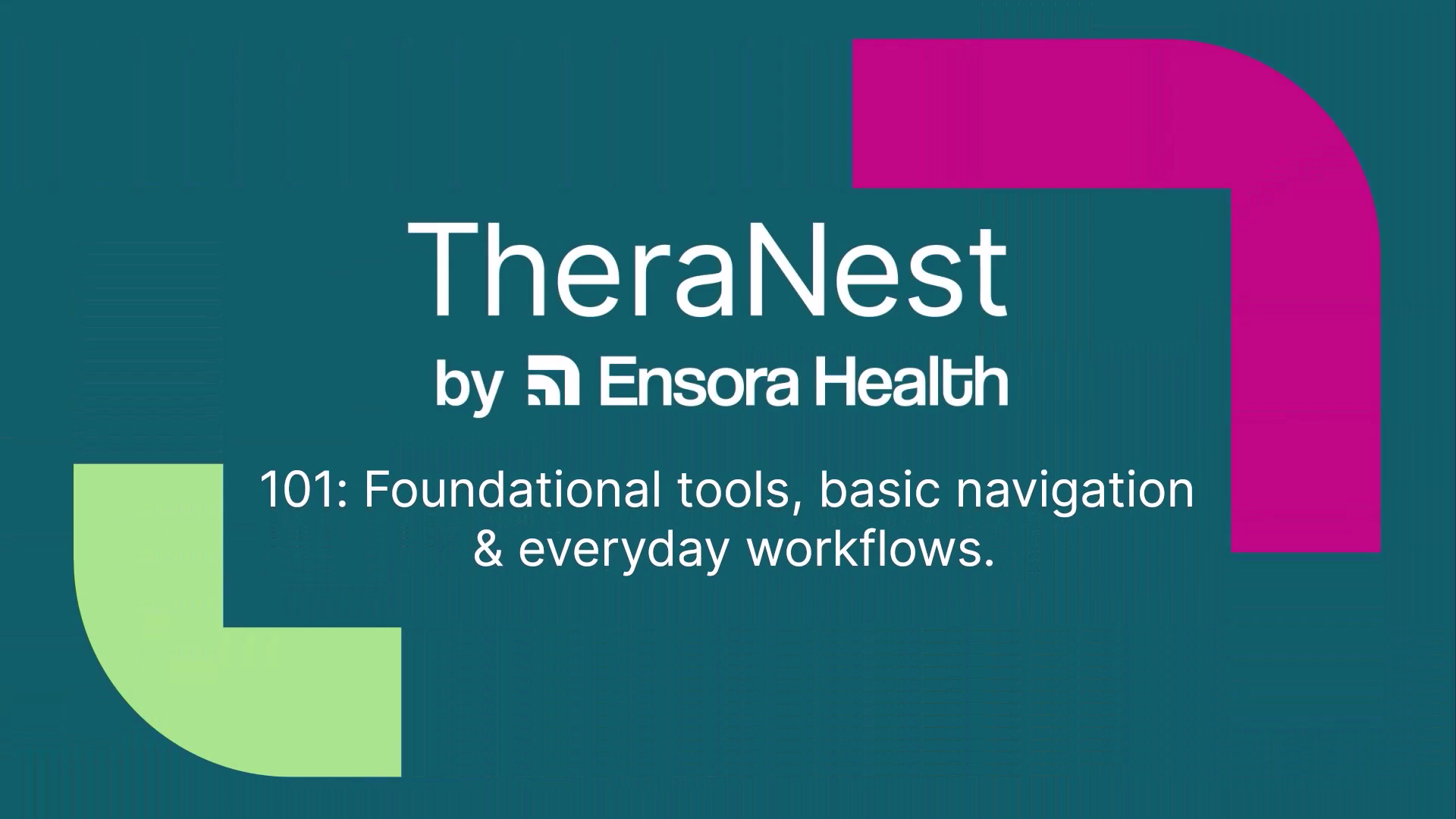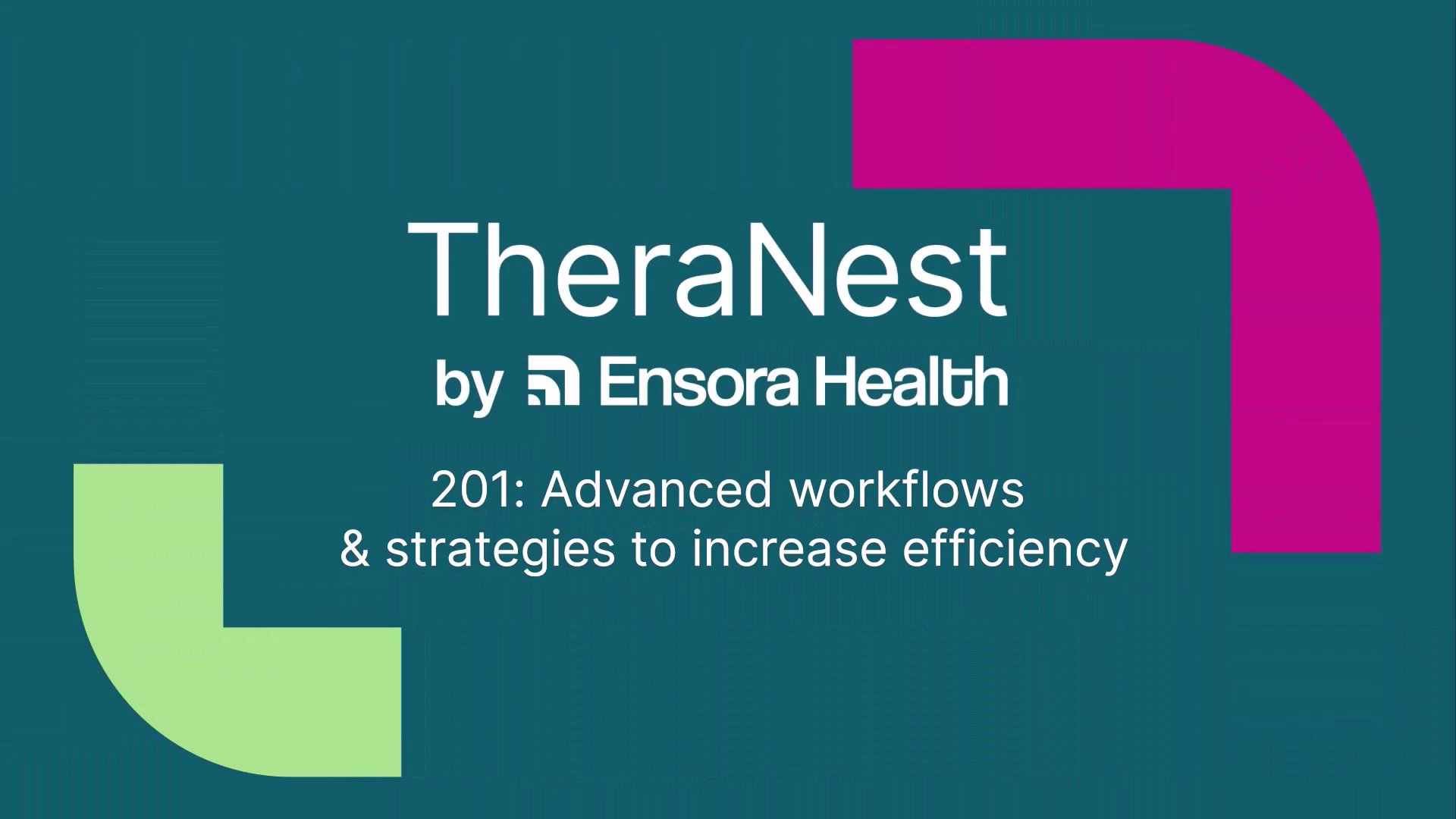From clinical decision support to decision support intervention: A paradigm shift in mental and behavioral health care

Clinical decision support (CDS) has long helped healthcare professionals deliver better client care. Yet as mental and behavioral health needs grow more complex, a new approach decision support intervention (DSI) is emerging. Let’s explore why DSI is becoming the go-to method for personalized, effective care.
Why the shift from CDS to DSI?
1. The limitations of traditional CDS systems
While clinical decision-support systems have been instrumental in providing healthcare professionals with real-time, evidence-based recommendations, their limitations become starkly apparent in the complex realm of mental and behavioral health.
The multifaceted nature of these conditions, influenced by a myriad of biological, psychological, and social factors, often exceeds the capabilities of CDS. These systems, which primarily focus on diagnostic support and treatment recommendations based on standardized protocols, struggle to adapt to each client’s unique needs and circumstances.
- Passive information delivery: CDS mostly sends passive alerts and reminders, which can lead to alert fatigue and disengagement.
- Limited contextualization: CDS often doesn’t consider a client’s unique situation or clinical context, resulting in irrelevant recommendations that cause frustration and limit adoption.
- Focus on individual actions: CDS usually prompts specific actions, like ordering tests or medications, so it often misses the bigger care picture (like client preferences or overall care plan).
- Lack of integration: CDS systems are often fragmented and don’t work well with other healthcare systems, creating data silos that don’t support whole person care.
2. The rise of client-centered care
A growing emphasis on client-centered care prioritizes the client’s preferences, values, and active involvement in their treatment plan. Decision-support interventions (DSIs) align with this approach by supporting clinicians and empowering clients to make informed decisions about their mental health. DSI models incorporate shared decision-making tools, client education resources, and self-management support, fostering a collaborative partnership between the clinician and the client.
3. Advancements in technology and data analytics
The rapid advancements in technology and data analytics have enabled the development of more sophisticated DSI models. These systems can leverage machine learning algorithms to analyze large volumes of client data, including EHRs, genetic information, and real-time biometric data, to provide personalized treatment recommendations. Additionally, integrating mobile health applications and wearable devices allows for continuous monitoring of client’s mental health status and facilitates timely interventions.
The rise of decision support intervention
DSI tackles CDS’s shortcomings by actively guiding clinical decisions and improving outcomes. Key advantages include:
- Active intervention: DSI actively engages clinicians in decision-making, providing tailored recommendations and facilitating collaborative decision-making with clients.
- Contextualized recommendations: DSI leverages advanced analytics and machine learning to provide context-aware recommendations relevant to the specific client and clinical situation.
- Focus on outcomes: DSI emphasizes improving client outcomes, aligning recommendations with goals, and prioritizing interventions most likely to lead to positive changes.
- Integrated approach: DSI integrates with various healthcare systems and leverages data from diverse sources to offer a comprehensive view of the client and their care journey.
- Human-centered design: DSI prioritizes the human element, ensuring that the interventions are user-friendly, intuitive, and support clinicians’ workflow.
The potential impact of DSI on mental and behavioral health providers
Enhanced clinical decision-making
DSI models provide mental health providers with more robust decision-making support by integrating client-specific data with the latest research findings and clinical guidelines. This can help providers identify the most effective treatment strategies for their clients, particularly those with complex or co-occurring conditions.
Improved client engagement and adherence
By actively involving clients in the decision-making process and providing them with the necessary tools and resources to manage their mental health, DSI models can significantly improve client engagement and adherence to treatment plans. This, in turn, can lead to better treatment outcomes and reduced healthcare costs associated with treatment non-adherence and relapse.
Increased efficiency and workload management
DSI systems can help mental health providers streamline their clinical workflows by automating routine tasks, such as data collection and analysis, and providing real-time insights into their clients’ health status. This can free up valuable time for providers to focus on delivering high-quality, client-centered care.
Addressing healthcare disparities
DSI models can potentially reduce healthcare disparities in mental and behavioral health by providing equitable access to evidence-based care and personalized treatment recommendations, regardless of client’s socioeconomic status, geographic location, or cultural background.
Complex client populations
Mental health clients often present with complex and multifaceted needs, requiring a nuanced and personalized approach to care. DSI can help providers navigate these complexities by offering tailored recommendations based on individual client characteristics and clinical presentations.
Subjectivity in diagnosis and treatment
Mental health diagnoses and treatment decisions can be subjective, leading to variability in care. DSI can help standardize care pathways and promote evidence-based practices, reducing variability and improving consistency.
Integration of multiple data sources
Mental health care often involves various data sources, including client reports, clinician observations, and external information. DSI can integrate these diverse data sources to provide a comprehensive view of the client, improving diagnostic accuracy and treatment planning.
Reduced clinician burnout
The demanding nature of mental health care can lead to clinician burnout. DSI can streamline workflows, automate routine tasks, and provide timely support, reducing the burden on providers and fostering a more sustainable practice environment.
Moving from CDS to DSI can feel like a big change, but think of it as a smarter, more supportive ally in mental health care. Instead of sending random alerts, DSI meets you where you are, offering targeted insights that match each client’s unique needs. That means less time wrestling with admin work and more time providing the care you’re passionate about. As technology grows and best practices evolve, DSI will keep you ahead of the curve, making it easier and more rewarding for everyone involved.






